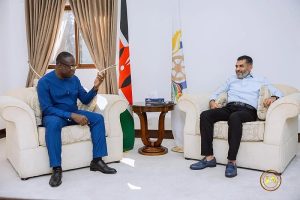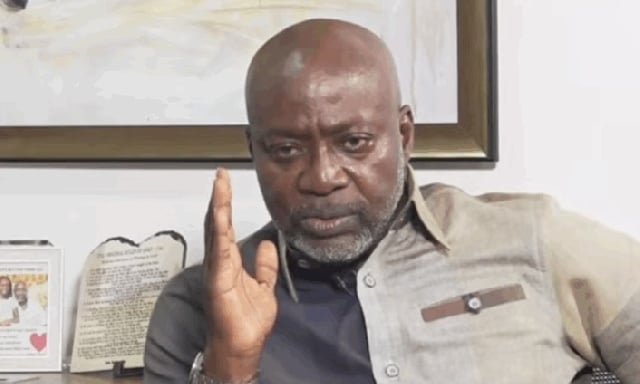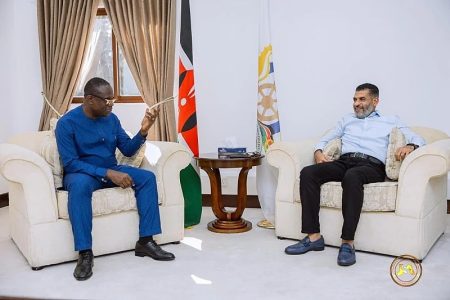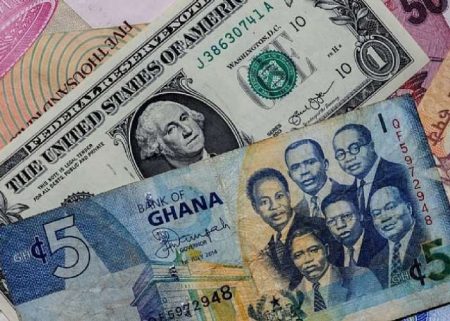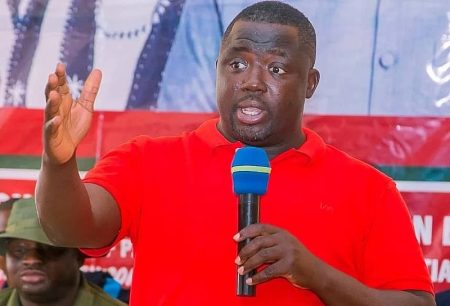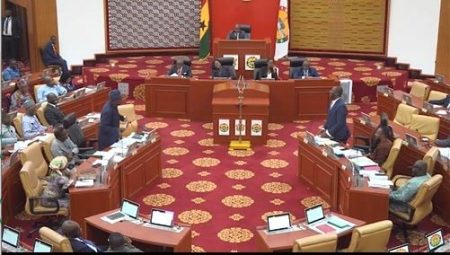Deconstructing Allegations and Analyzing the Fallout of a Political Tussle
The political landscape often becomes a battleground for clashing narratives and accusations. Recent events involving a former New Patriotic Party (NPP) youth organizer and a prominent banking figure exemplify this dynamic. Richard Agyemang, the former youth organizer, has accused Frank Adu, former Managing Director of Cal Bank, of leveraging a television interview to settle personal scores with former President Nana Akufo-Addo and former Finance Minister Ken Ofori-Atta. This accusation transforms a seemingly objective economic discussion into a politically charged exchange, raising questions about the motivations behind Mr. Adu’s critique and the accuracy of his claims. The heart of the contention revolves around Mr. Adu’s assessment of the previous administration’s economic policies and their impact on the banking sector.
Mr. Agyemang contends that Mr. Adu’s remarks were not only politically motivated but also factually inaccurate, aimed at tarnishing the image of the former president and finance minister. He questions the basis of Mr. Adu’s criticism, portraying it as a product of personal resentment rather than a balanced evaluation of the economic situation. This raises concerns about the potential for personal biases to cloud public discourse and influence the perception of complex economic issues. The implication is that Mr. Adu’s analysis lacks objectivity and is driven by a desire to discredit the previous administration, thereby undermining the credibility of his assertions.
Central to Mr. Agyemang’s counterargument is the assertion that Mr. Adu’s narrative conveniently omits the significant contributions of the NPP administration, particularly their efforts to stabilize the banking sector. He argues that these interventions, specifically aimed at preventing a systemic collapse, indirectly protected Mr. Adu’s own investments and legacy within Cal Bank. This framing positions Mr. Adu as a beneficiary of the very policies he criticizes, creating a perceived conflict of interest and casting doubt on the sincerity of his concerns. By highlighting this perceived inconsistency, Mr. Agyemang seeks to weaken Mr. Adu’s position and portray his criticism as self-serving.
Furthermore, Mr. Agyemang emphasizes the irony of Mr. Adu’s criticisms, given the alleged protection afforded to his investments by the NPP administration. He suggests that Mr. Adu is currently enjoying the fruits of his long service at Cal Bank due to the government’s intervention, implying that gratitude, rather than criticism, would be a more appropriate response. This line of argument seeks to portray Mr. Adu as ungrateful and undermine his credibility by highlighting the perceived hypocrisy of benefiting from the very policies he condemns. The narrative underscores the complexity of disentangling personal interests from objective analysis in the political arena.
While acknowledging Mr. Adu’s stature and experience within the financial sector, Mr. Agyemang urges him to transcend personal grievances and offer a more balanced perspective. He expresses disappointment at what he perceives as misrepresentations made on a national platform, emphasizing the potential damage to public trust and the importance of responsible discourse from individuals in positions of influence. The implication is that Mr. Adu’s actions are not only inappropriate but also detrimental to the broader financial discourse in Ghana.
In conclusion, this exchange highlights the potential for political motivations to influence economic narratives. Mr. Agyemang’s accusations challenge the objectivity of Mr. Adu’s critique, framing it as a product of personal resentment rather than a dispassionate analysis. He underscores the NPP’s role in stabilizing the banking sector, portraying Mr. Adu as a beneficiary of the very policies he criticizes. The clashing narratives raise important questions about the interplay of personal interests and objective analysis in the political sphere, reminding us of the importance of critical evaluation and the potential for bias to shape public discourse. The incident emphasizes the need for transparency and balanced perspectives in discussions of complex economic issues, particularly when personal interests are potentially at stake.


